Anglophone West Africa Regional Training of Trainers (TOT) Workshop on Freedom of Religion or Belief (FoRB); Another Success Story
- By PROCMURA
- Events
- Hits: 1798
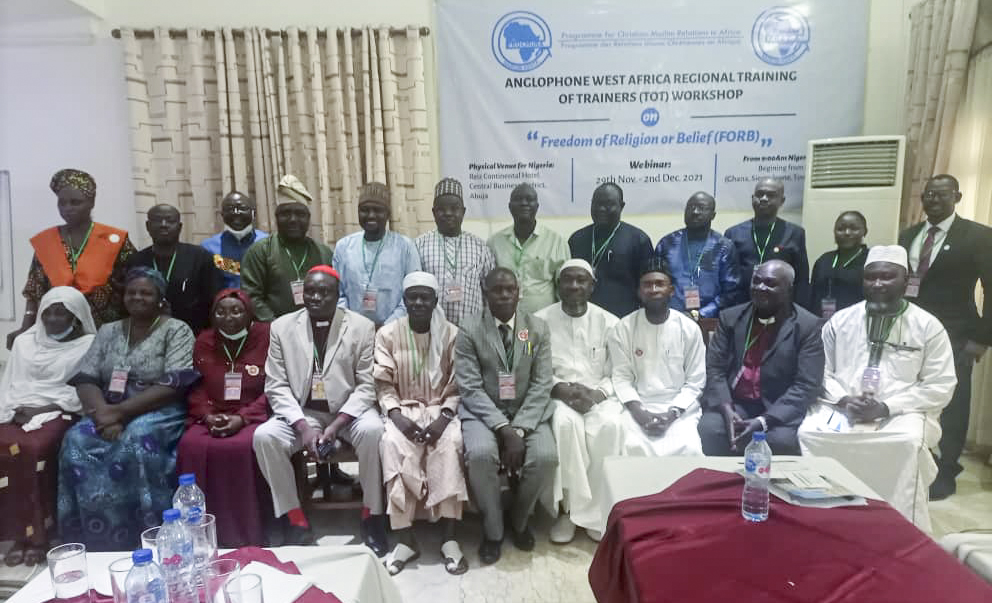
PROCMURA has time and again stated unequivocally that Africa is a religious continent and its people therefore a religious people. In that light it can be generally stated that to be African is to be religious and in many ways to be religious is to be African. In this religious continent, Christianity and Islam wield the largest following with the primal religions known as the African Traditional religion(s) now ranking third with other religions such as Hinduism, Buddhism, the Baha’i among others prevalent.
This reality of religious plurality in Africa means that people from different religions must live together in Africa and share the religious spaces. Sub-Saharan African countries' constitutions generally recognise this and make provisions for freedom of religion. On the religious front, however, there are many examples of violations of religious freedoms of people when one changes from one religion to the other as there are also situations when people are violated on account of religious differences.
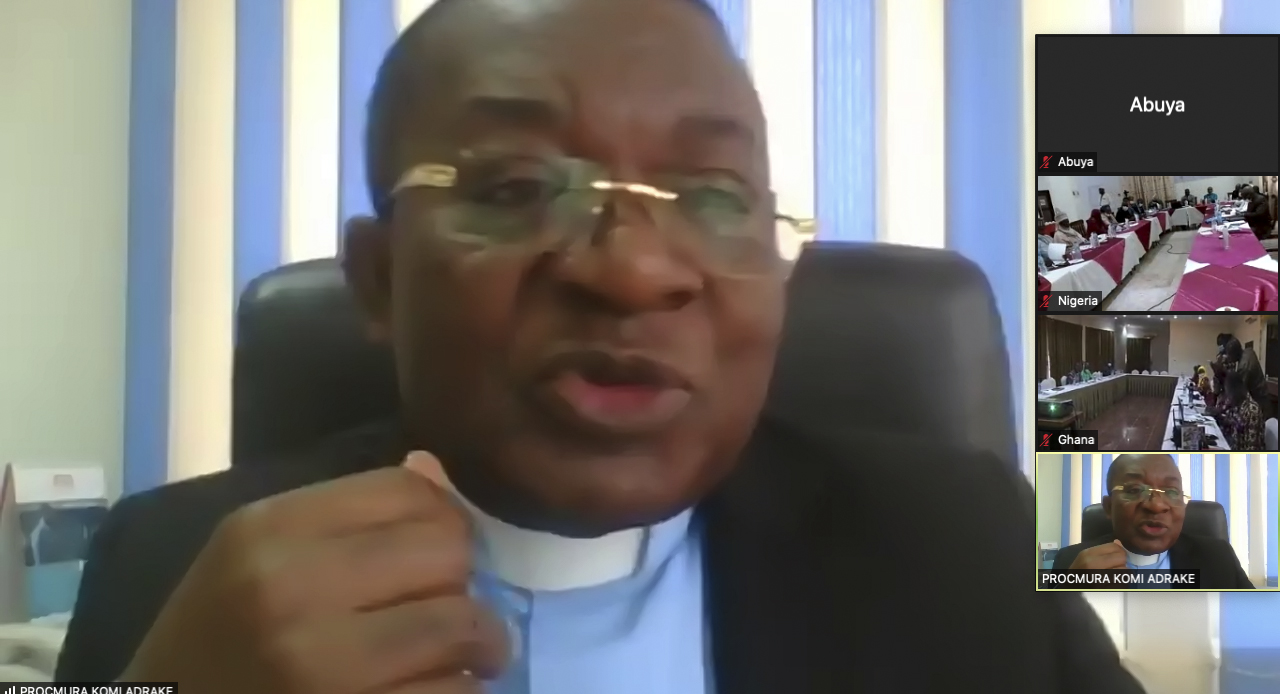
Restrictions and violations of individual rights to freedom of religion constitute a challenge for PROCMURA, whose overall objective is to see an African continent where freedom of religion and all that it entails becomes the norm, not the exception. To this extent, PROCMURA believes that when the right to freedom of religion is violated and people are discriminated against, religious identities are exploited in negative ways, leading to intolerance and subsequent conflicts.
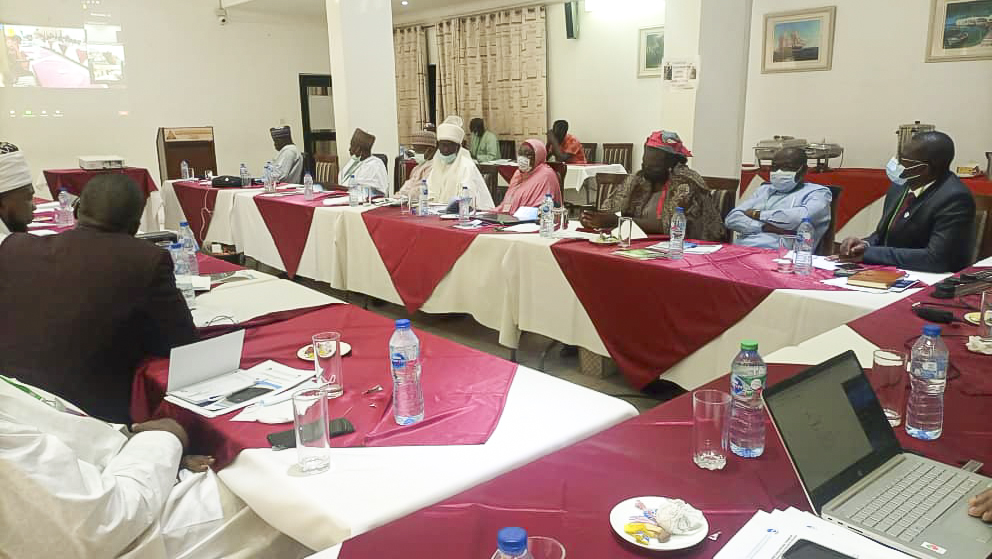
On that note, PROCMURA embarked on a three days training of trainers workshop on FoRB, focusing on the Anglophone West Africa Region with the main objective of enhancing the capacity of religious leaders, women, and youth, the media, and government agencies on FoRB.
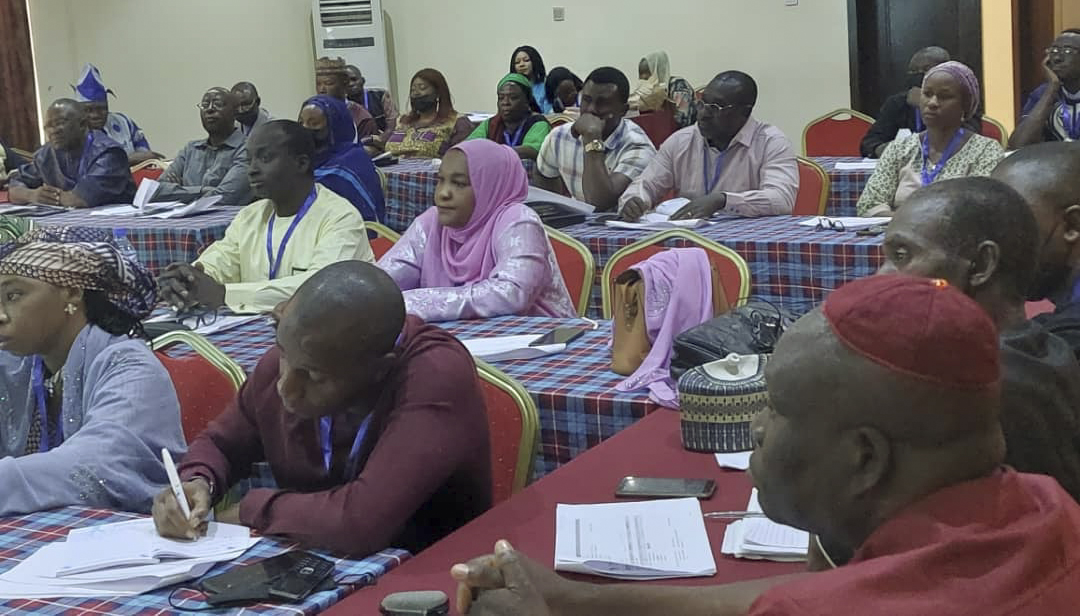
The hybrid TOT workshop (physical and virtual) which took place from 29th November to 1st December 2021, brought together 85 participants from Ghana, Liberia, Nigeria, Sierra Leone, and The Gambia.
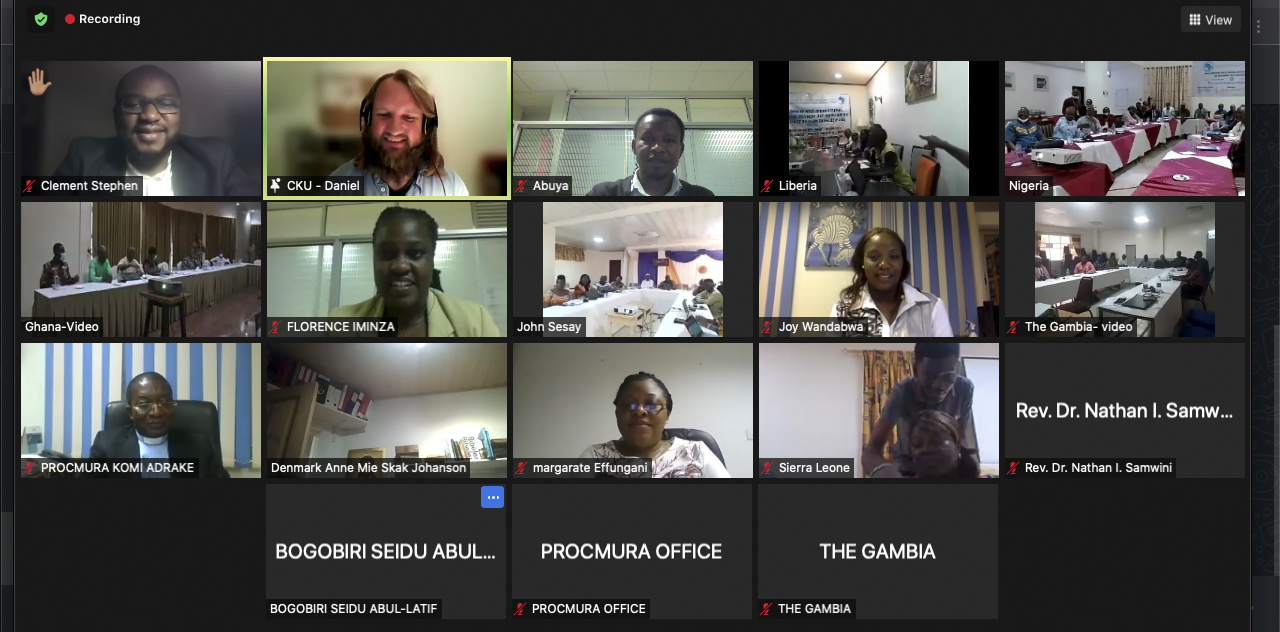
Participants were trained on how to identify FoRB violations, and also on skills in promoting FoRB for all among others. FoRB was approached from both faith (Christian and Muslim) and legal (Human rights) perspectives.
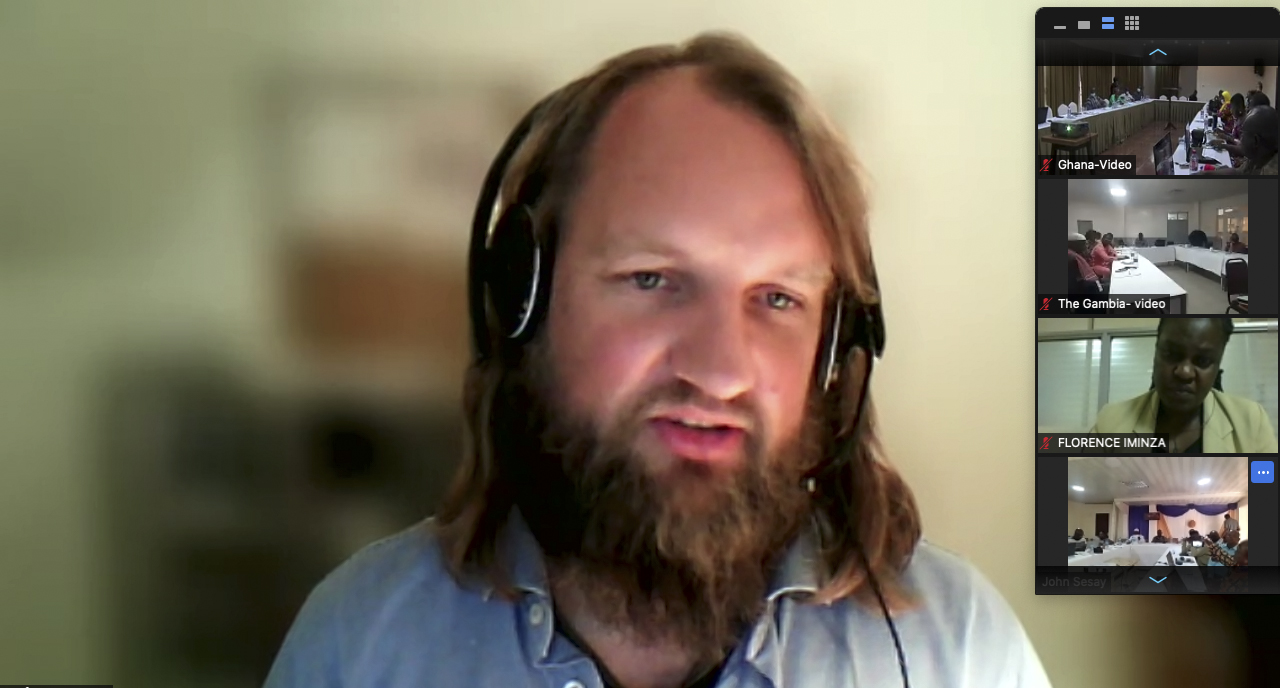
The participation of two parliamentarians from Nigeria and the Gambia added a lot of meaning to the training as the lawmakers expounded on government involvement in promoting FoRB.
The workshop ended on a high note with all participants agreeing, through a Statement of Commitment, to uphold, protect and promote the Freedom of Religion or Belief in their respective localities.

